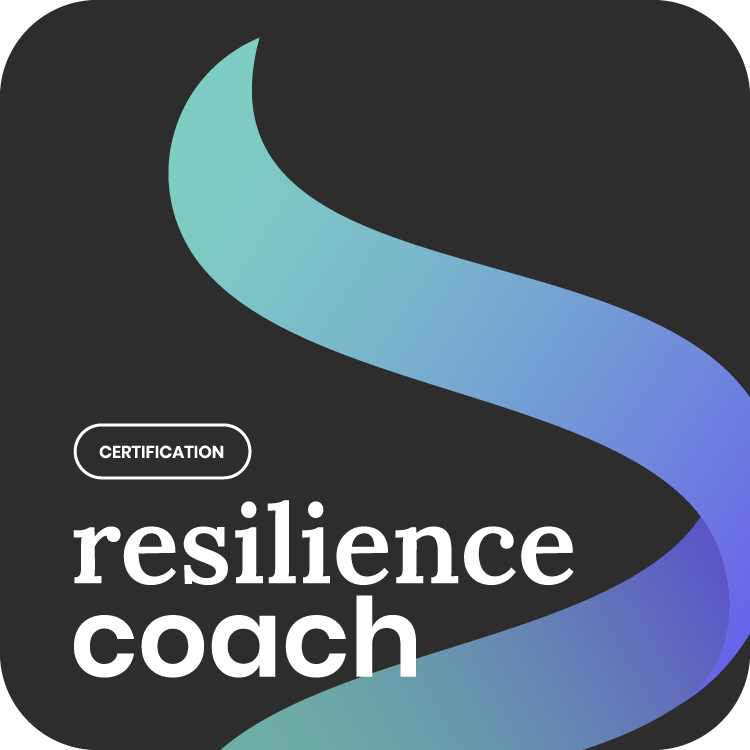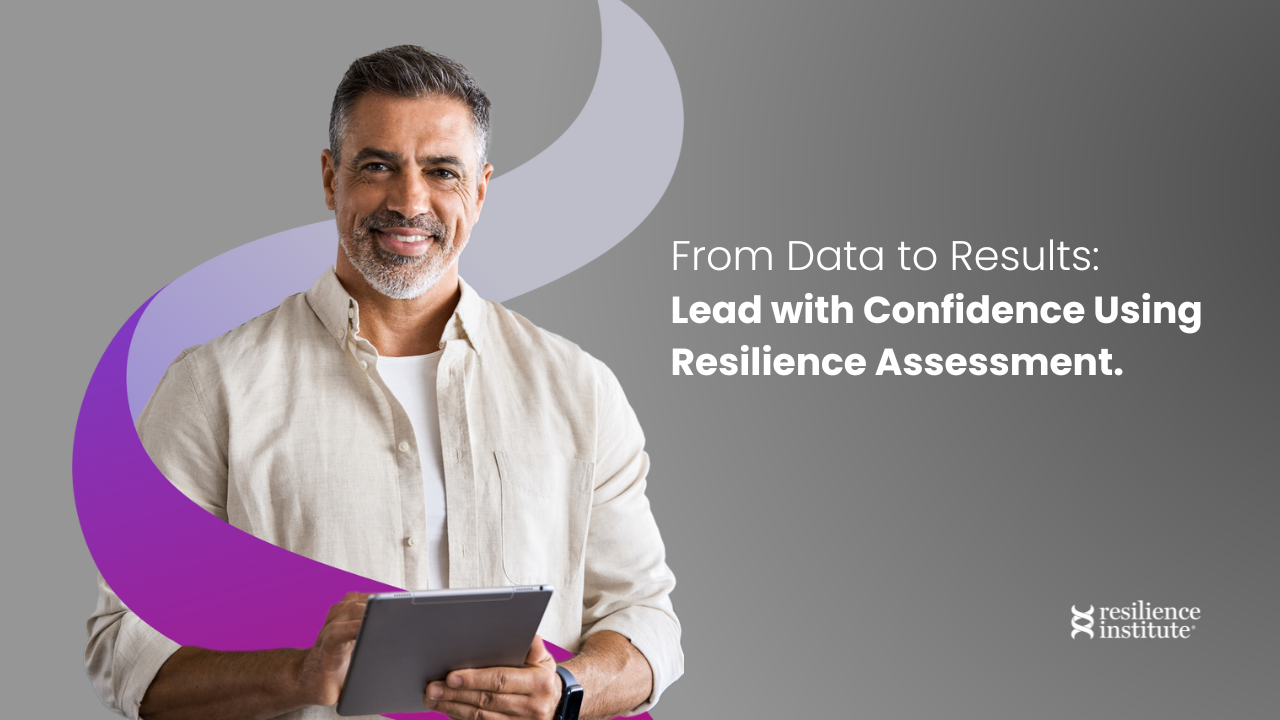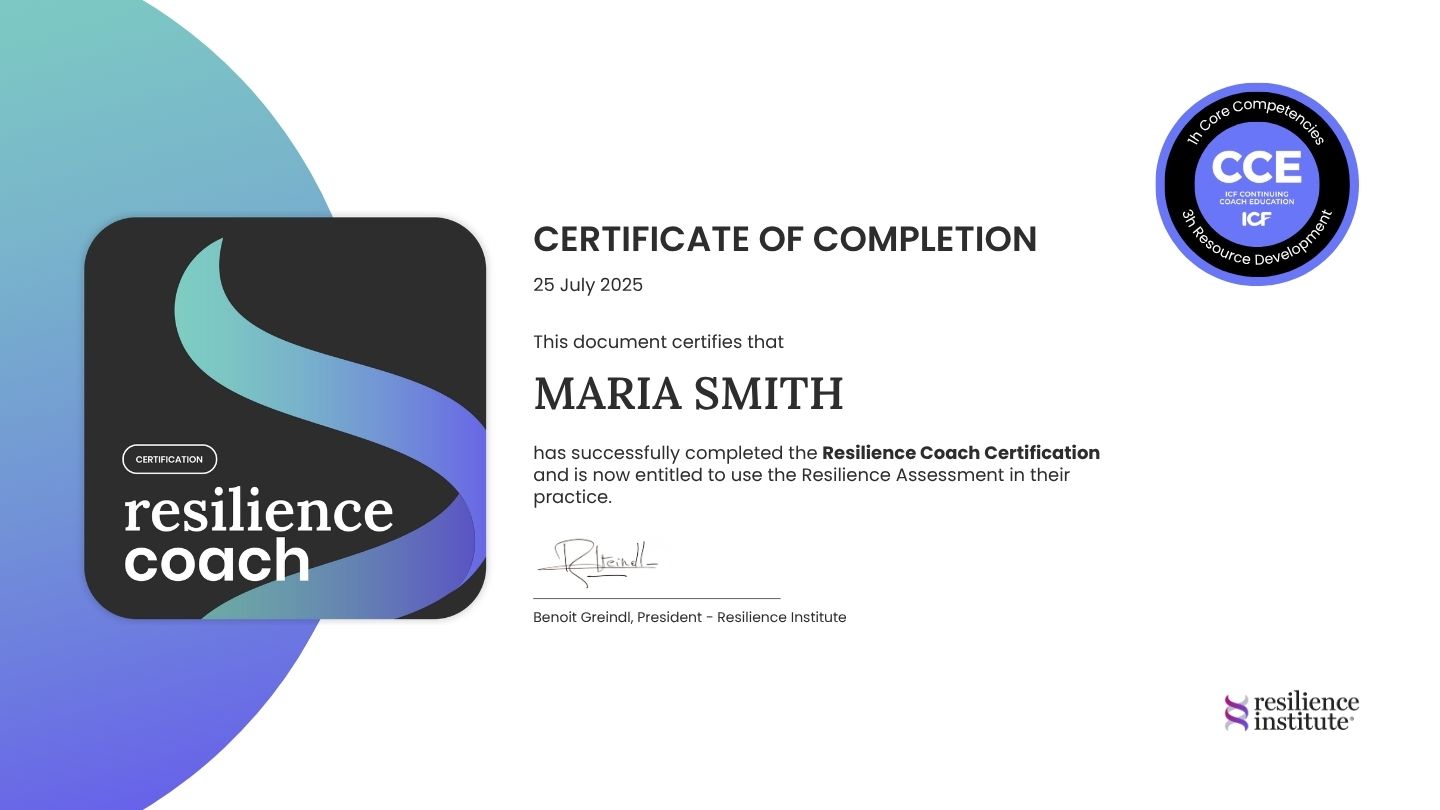
A Guide to the Top Certifications for Coaches
In the world of coaching, credentials matter. They don’t just demonstrate your expertise; they also build trust and credibility with your clients. Whether you’re just starting or looking to enhance your skills, getting the right certifications can make a huge difference. This guide will walk you through some of the best coaching certifications available, helping you decide which ones align with your career goals. From understanding personality types to building resilience, these certifications cover a range of essential skills for modern coaches.
Resilience Coach Certification

Resilience Coach Certification by Resilience Institute is designed for coaches, HR leaders, and professionals who support others. It teaches you the fundamentals of resilience, based on the Resilience Institute’s proven spiral methodology. You’ll learn how to support and cultivate personal resilience and how to use the 50-factor Resilience Assessment to measure and build resilience in individuals and teams, delivering a powerful, holistic approach to behavior change and transformation. The Resilience Assessment is used by organizations like Google, Nestle, Electronic Arts, and many more globally.
For coaches wanting to level up to a full consultant, please explore our Resilience Consultant Certification. This certification includes the Coach Certification and enables you to coach individuals and run resilience training sessions for groups.
Benefits:
- ICF CCE-Approved Training: Earn 4 Continuing Coach Education units (1 Core Competency, 3 Resource Development).
- Comprehensive resource pack and fully online learning journey.
- Practical and actionable insights.
- Measures holistic resilience: physical, emotional, mental, and social.
- Helps clients thrive in challenging times.

International Coaching Federation (ICF) Certification
ICF is the gold standard in coaching. They offer three levels: ACC, PCC, and MCC. An ICF certification shows you meet high professional standards and follow a strict code of ethics.
Benefits:
- Globally recognized.
- Connect with a network of over 35,000 coaches.
- Continuous professional development.
Myers-Briggs Type Indicator (MBTI) Certification
MBTI helps coaches understand personality types. It’s great for improving communication and team dynamics. The certification teaches you how to administer and interpret the MBTI assessment.
Benefits:
- Widely used in personal and professional development.
- Enhances your coaching toolkit.
- Helps clients understand themselves and others better.
DiSC Certification
DiSC is a behavior assessment tool. It helps you understand and improve interpersonal relationships. The certification program covers how to use DiSC profiles to coach individuals and teams.
Benefits:
- Easy to understand and apply.
- Improves communication and teamwork.
- Widely used in corporate settings.
Gallup Strengths Coach Certification
Gallup’s StrengthsFinder focuses on identifying and developing individual strengths. The certification program trains you to help clients leverage their strengths for personal and professional growth.
Benefits:
- Focuses on strengths, not weaknesses.
- Boosts client engagement and performance.
- Backed by extensive research.
Certified Professional Co-Active Coach (CPCC)
The CPCC by the Co-Active Training Institute focuses on the Co-Active coaching model. It emphasizes the importance of balance between being and doing, and personal and professional life.
Benefits:
- Holistic approach to coaching.
- Well-respected in the industry.
- Comprehensive training program.
Emotional Intelligence (EQ) Certification
EQ certification programs, like those from Six Seconds or the Emotional Intelligence Training Company, teach you how to assess and improve emotional intelligence. This is crucial for leadership and team performance.
Benefits:
- Enhances leadership and interpersonal skills.
- Proven to improve personal and professional relationships.
- Applicable in various coaching contexts.
Positive Psychology Coaching Certification
Programs like those from the Positive Psychology Institute teach you to use positive psychology principles in coaching. This approach focuses on strengths, optimism, and achieving well-being.
Benefits:
- Science-backed methods.
- Promotes overall well-being and happiness.
- Helps clients build on their strengths.
Neuro-Linguistic Programming (NLP) Certification
NLP involves understanding and changing thought patterns and behaviors. Certification programs teach you techniques to help clients overcome limiting beliefs and achieve their goals.
Benefits:
- Effective for personal transformation.
- Enhances communication skills.
- Versatile coaching tool.
Health and Wellness Coaching Certification
Certifications from organizations like the National Board for Health & Wellness Coaching (NBHWC) prepare you to support clients in achieving their health and wellness goals. This is a growing field with high demand.
Benefits:
- Focuses on holistic health.
- Growing market for health and wellness coaches.
- Comprehensive training on lifestyle changes and well-being.
Conclusion
In a competitive market, the right certification can set you apart. It shows your commitment to your profession and provides you with the tools to make a real difference in your clients’ lives. Whether you’re drawn to personality assessments, resilience building, or wellness coaching, these certifications will help you become a more effective and sought-after coach. Investing in your education is investing in your future success. Choose the certifications that resonate most with your goals and start making a bigger impact today. Your journey to becoming a top-tier coach starts here.

